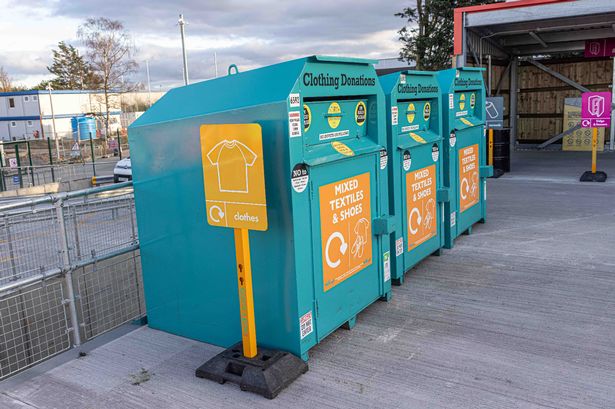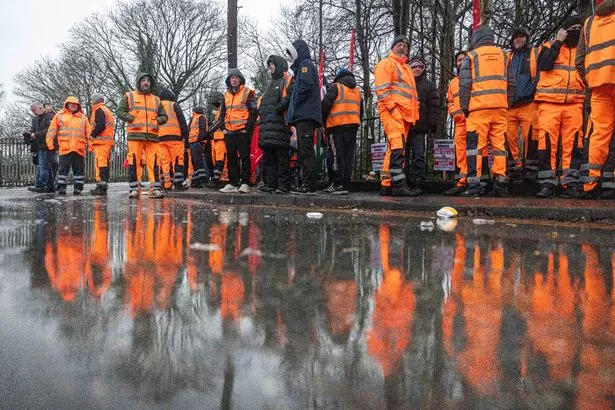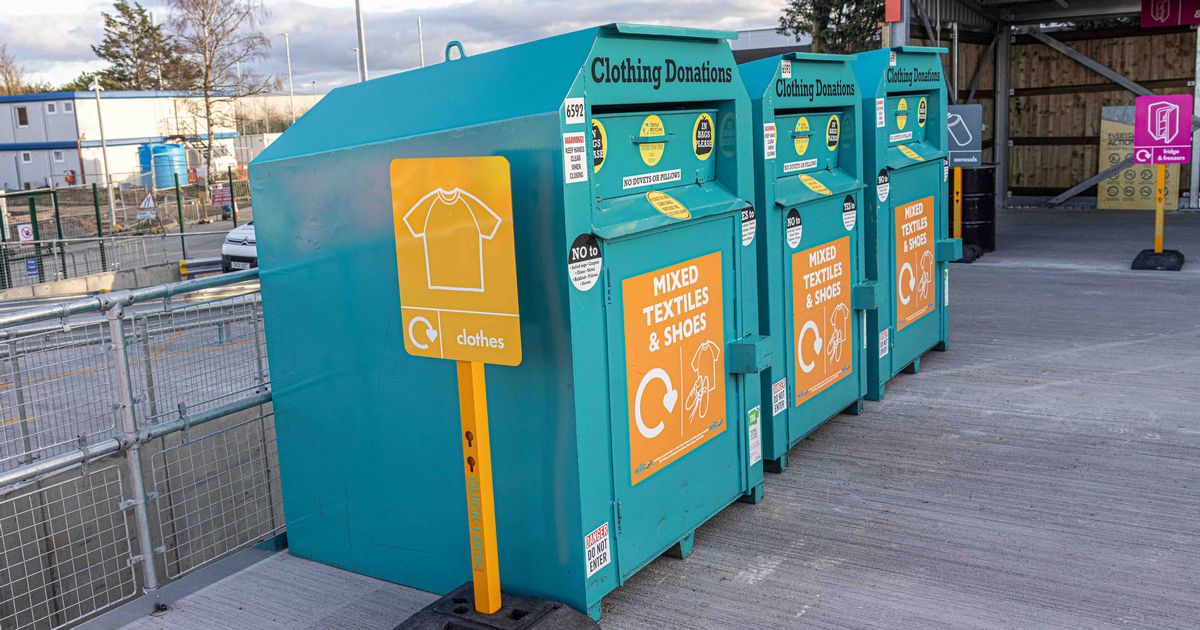A shocking knock-on impact of the bin strikes has been a huge drop in recycling, with the city burning and burying reuseable rubbish Perry Barr recycling site
Perry Barr recycling site
There has been a shocking downturn in the amount of rubbish recycled in Birmingham because of the knock-on impact of strike action.
New data shows just 15.45 per cent of all rubbish generated in the city is being recycled. The vast majority is being consigned to landfill or incinerated.
The rate of recycling dropped off a cliff soon after bin workers downed tools in a dispute over job losses and pay and grading changes.
READ MORE: Birmingham bins workers vote to stay on strike into 2026
The data also indicates that residents who drive their recycling to local tips are to thank for maintaining a semblance of a recyling service. The council acknowledges the rate won’t improve until the bins dispute finally ends.
The details emerged just as the union Unite pledged to dig in and continue industrial action, potentially through Christmas and up to March next year.
The council has also confirmed its plans to re-introduce a paid-for garden waste collection service have been shelved until at least April 2026. It was forced to refund residents who paid up this year but found the authority could not offer the service because of the strike.
The council report highlights its waste recycling plans for the year have been upended by the dispute.
It states: “We have suspended collection of recycling from households to enable our contingency operation to collect a single weekly residual waste collection from all households in the city.
“The large majority of the recycling which continues to be achieved is from our Household Waste and Recycling Centres.”
It is also collecting some metals that are recovered from ‘bottom ash’ at the incinerators where significant amounts of rubbish are burned.
“This…will therefore only improve meaningfully when we are able to reintroduce household recycling collections.”
Bins union Unite announced that its striking workforce had voted overwhelmingly for a fresh mandate to continue to take industrial action against the city council until March 2026.
Currently, a total of 121 council staff, all driver team leaders, are going through a formal consultation process as part of the controversial shake up of the local authority’s waste service. The revamp was one of the triggers for strike action back in January.
An estimated 200 more bin workers are also facing uncertainty. Some 113 staff on the bins have taken voluntary redundancy since the start of the year.
 Striking bin men by Lifford Lane depot in Kings Norton back on January 6, the first day of the strike(Image: Birmingham Live)
Striking bin men by Lifford Lane depot in Kings Norton back on January 6, the first day of the strike(Image: Birmingham Live)
The city had consistently been one of the worst performers on recycling even before the strike, with woeful rates achieved compared to other local authorities.
Not surprisingly, the amount of rubbish each household is throwing away for landfill or incineration has also gone up. A typical household is currently throwing away the equivalent of 673kg of waste a year, against a target of 600kg. (That’s about the weight of a grizzly bear)
Typically, a family threw away 177.3kg each from April to June – up from around 171kg in the previous quarter.
The details are set out in a performance monitoring report covering the first quarter of this financial year, for the period from April to the end of June. The report is being considered by the council leadership at a Cabinet meeting next week, Tuesday September 9.
What should I do with my recycling?
The council is relying on residents disposing of recycling at one of its five household centres around the city. You will need to book a slot before you visit.
The centres are located in Tyseley, Sutton Coldfield, Kings Norton, Castle Bromwich and Perry Barr, and are open 7am to 9pm weekdays (Castle Bromwich 8-6, Perry Barr 8-8) and at weekends from 8am to 6pm (Castle Bromwich 8-4.30).

